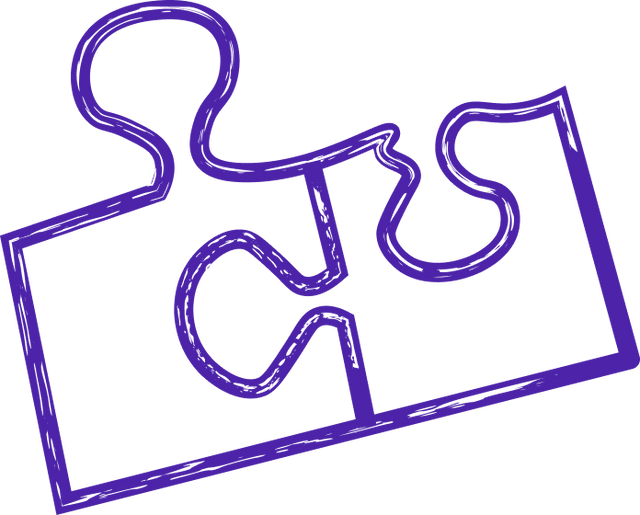
what is prototypal inheritance
Prototypal Inheritance
Prototypal inheritance is a fundamental concept in object-oriented programming that allows objects to inherit properties and methods from other objects. It is a key feature of JavaScript, a widely used programming language for web development, and is essential for creating reusable and efficient code.
In prototypal inheritance, objects are organized in a hierarchical structure, where each object has a prototype, which serves as a blueprint for creating new objects. When a property or method is accessed on an object, JavaScript first checks if the object itself contains that property or method. If it doesn't, it looks up the prototype chain to find the property or method in the prototype object. This process continues until the property or method is found or until the end of the prototype chain is reached.
The prototype chain is established when an object is created. Every object in JavaScript, including built-in objects like arrays and functions, has a prototype. By default, an object's prototype is the built-in Object.prototype, which contains common properties and methods that are inherited by all objects. However, it is also possible to create custom prototypes by using the constructor function or the Object.create() method.
To create an object that inherits from a prototype, you can use the new keyword followed by the constructor function. The constructor function is responsible for initializing the object's own properties and can also define additional properties and methods on the object. Any properties or methods defined on the prototype will be shared among all objects created from the same prototype.
Prototypal inheritance promotes code reusability and modularity. By defining common properties and methods in a prototype, you can avoid duplicating code across multiple objects. This not only reduces the amount of code you need to write but also makes it easier to maintain and update your codebase. Changes made to the prototype will automatically be reflected in all objects that inherit from it.
Furthermore, prototypal inheritance allows for dynamic behavior modification. Since objects can access properties and methods from their prototype, you can add or modify functionality at runtime by modifying the prototype. This flexibility enables you to extend existing objects or create new objects with specialized behavior without modifying the original object or its prototype.
In conclusion, prototypal inheritance is a powerful mechanism in JavaScript that enables objects to inherit properties and methods from other objects. It provides a way to create reusable code, promotes modularity, and allows for dynamic behavior modification. Understanding and utilizing prototypal inheritance is crucial for effective JavaScript development and is a cornerstone of building scalable and maintainable web applications.
In prototypal inheritance, objects are organized in a hierarchical structure, where each object has a prototype, which serves as a blueprint for creating new objects. When a property or method is accessed on an object, JavaScript first checks if the object itself contains that property or method. If it doesn't, it looks up the prototype chain to find the property or method in the prototype object. This process continues until the property or method is found or until the end of the prototype chain is reached.
The prototype chain is established when an object is created. Every object in JavaScript, including built-in objects like arrays and functions, has a prototype. By default, an object's prototype is the built-in Object.prototype, which contains common properties and methods that are inherited by all objects. However, it is also possible to create custom prototypes by using the constructor function or the Object.create() method.
To create an object that inherits from a prototype, you can use the new keyword followed by the constructor function. The constructor function is responsible for initializing the object's own properties and can also define additional properties and methods on the object. Any properties or methods defined on the prototype will be shared among all objects created from the same prototype.
Prototypal inheritance promotes code reusability and modularity. By defining common properties and methods in a prototype, you can avoid duplicating code across multiple objects. This not only reduces the amount of code you need to write but also makes it easier to maintain and update your codebase. Changes made to the prototype will automatically be reflected in all objects that inherit from it.
Furthermore, prototypal inheritance allows for dynamic behavior modification. Since objects can access properties and methods from their prototype, you can add or modify functionality at runtime by modifying the prototype. This flexibility enables you to extend existing objects or create new objects with specialized behavior without modifying the original object or its prototype.
In conclusion, prototypal inheritance is a powerful mechanism in JavaScript that enables objects to inherit properties and methods from other objects. It provides a way to create reusable code, promotes modularity, and allows for dynamic behavior modification. Understanding and utilizing prototypal inheritance is crucial for effective JavaScript development and is a cornerstone of building scalable and maintainable web applications.

